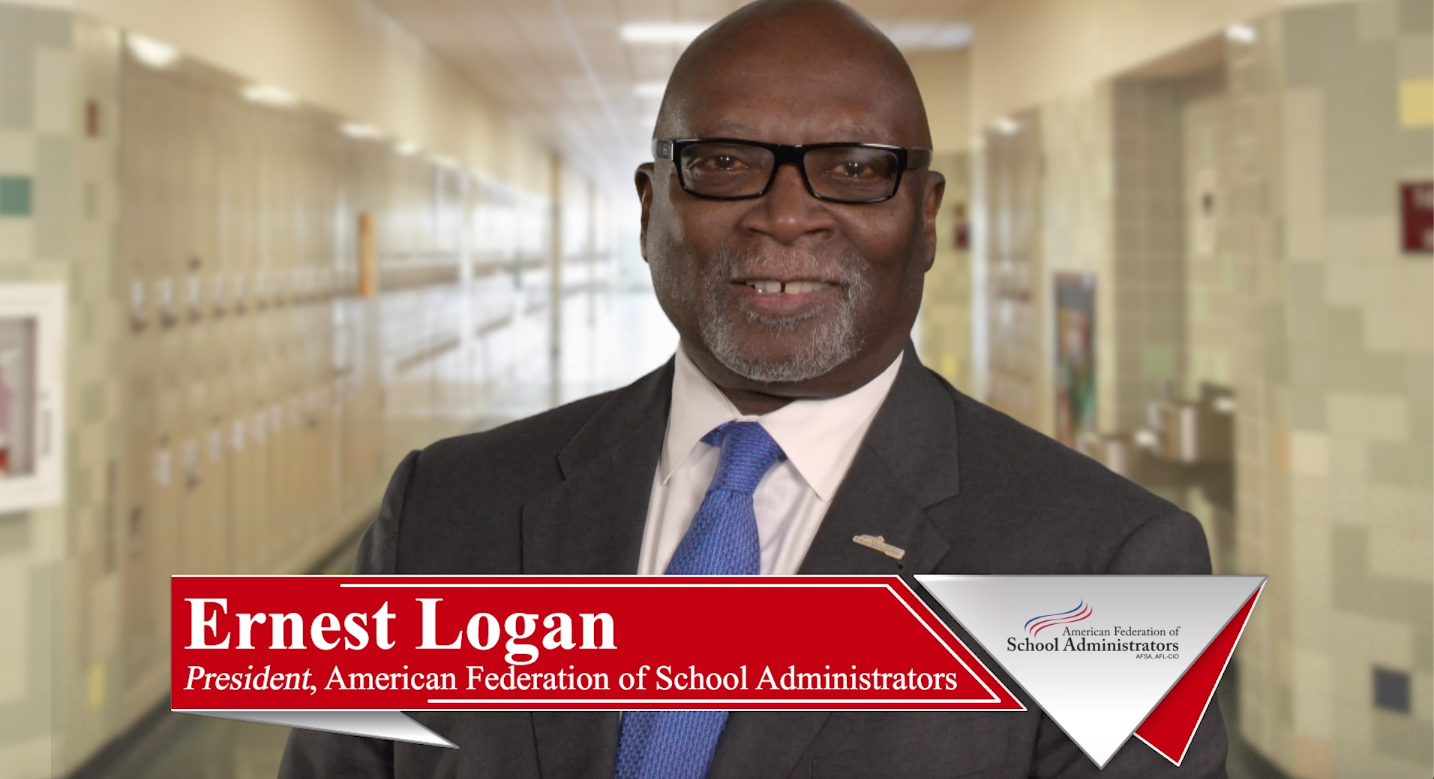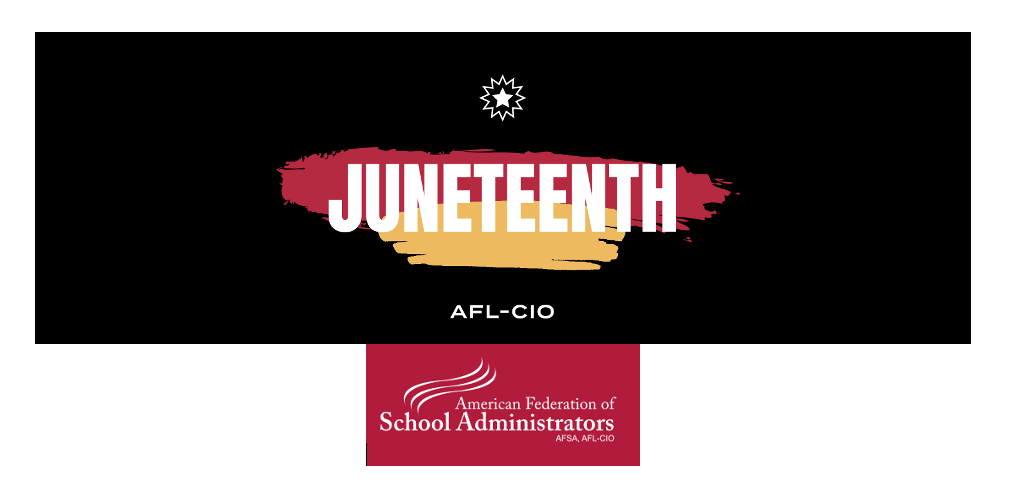
Today is Juneteenth, and we commemorate the emancipation of enslaved Black people in the United States.
For those who are not aware of this history, on June 19, 1865, the last slaves in the land became free. And while Abraham Lincoln signed the Emancipation Proclamation in January 1863, it wasn’t until federal troops arrived in Galveston, Texas, in 1865 to take control of the state and ensure that all enslaved people be freed, that it really happened.
This year, Juneteenth takes on a special significance, the historic signing by President Biden making Juneteenth a federal holiday. It is a recognition of Black achievement and a reflection of America’s ongoing journey to tell our nation’s story.
But we have more work to do.
Over the past year, white supremacy and domestic terrorism caused the murder of Black citizens. It also caused the Jan. 6 insurrection, which was a great threat to our democracy. We cannot ignore the hate in this country.
Systemic racism continues in every sector of society including our schools. Long-woven racial inequities in our school culture, budgets and curriculum have created a two-tiered system of learning from district to district across this nation. It must be changed if we truly want to reach the goal of all students having equal access to a high-quality education.
Quite simply, the system of education needs to evolve. The changes we need in public education are universal. As school leaders, we must take charge and rethink the way we teach and how we allocate resources.
This inequity in education has an impact in our workplaces and therefore on every aspect of society. Many Black workers continue to have a hard time finding good jobs, and many have not been provided the needed skills in school that allow them to meet the qualifications to be hired.
Moreover, even when Black workers can find jobs, persistent wage disparities are generally a problem that result from or reinforce attitudes of white supremacy. The same is often true of chronic unemployment, underemployment and disproportionate job losses for Black workers, especially during economic downturns or in a crisis, like the pandemic.
These are our issues. That’s what the labor movement fights against. We fight so working people can live their lives, speak with our own voices and enjoy the fruits of our labor.
We must remain at the forefront to uproot systemic racism in all forms if we seek to fully uphold America’s promise of dignity for Black people. We must be a voice for all who live and work in these United States and we must say out loud the names of those who were taken from us by racist violence.
As we take the time to reflect on this history and build a better nation, consider what can you do as a union member and school leader to change the narrative. I ask you from the bottom of my heart, please find a way to make a difference.
In Solidarity,
Ernest Logan

